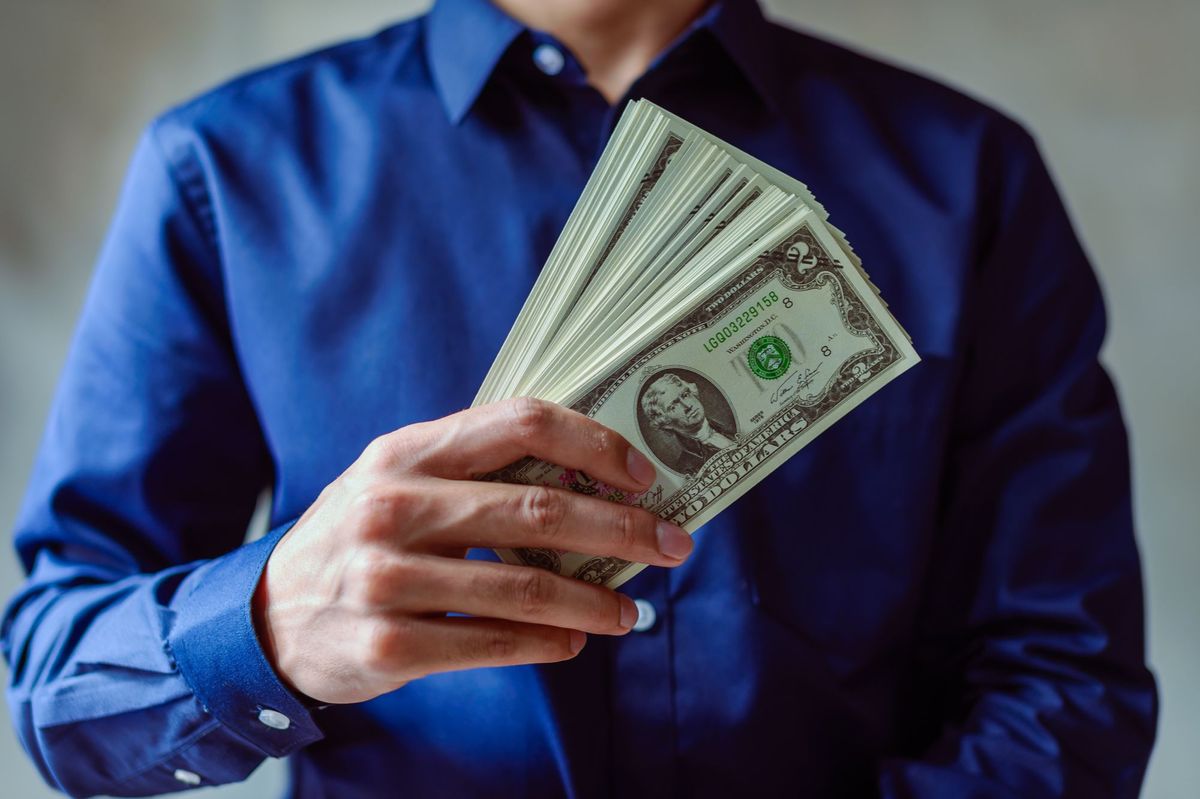How wealth inequality has only gotten worse post-COVID
Researchers found that the richest people in the world have pocketed almost two-thirds of all new wealth created in the last two years.

A few minutes every morning is all you need.
Stay up to date on the world's Headlines and Human Stories. It's fun, it's factual, it's fluff-free.
The rich getting richer and the poor getting poorer around the world isn’t exactly news. But the rate it’s happening has changed a bit over the last two years, putting a giant spotlight on global wealth inequality.
International poverty charity Oxfam just released a report on how new wealth has circulated since 2020. Researchers found that the richest people in the world have pocketed almost two-thirds of all new wealth created in the last two years. Talking numbers, that means that out of the US$42 trillion in new wealth created since 2020, US$26 trillion (63%) of that cash has gone to the top 1%. So, 99% of people would’ve gotten a measly US$16 trillion of that new wealth. Ouch.
This report was published to coincide with the upcoming World Economic Forum in Switzerland this week. It breaks the numbers down further, saying, “A billionaire gained roughly $1.7 million for every $1 of new global wealth earned by a person in the bottom 90 percent.” This is also the first time in 25 years that there’s been an increase in extreme poverty and extreme wealth at the same time.
This phenomenon is partly caused by policies meant to fight the economic impact of the pandemic, like interest rate cuts and quantitative easing (where a central bank buys securities on the market to reduce interest rates and increase the cash supply). These moves made the value of property and shares go up. But who usually owns property and shares? People with lots of money.
Now, Oxfam is calling for a revamp of taxation on the super-rich. “Multiple crises have pushed millions to the brink while our leaders fail to grasp the nettle – governments must stop acting for the vested interests of the few,” said Oxfam GB’s chief Danny Sriskandarajah. “How can we accept a system where the poorest people in many countries pay much higher tax rates than the super-rich? Governments must introduce higher taxes on the super-rich now.”
Oxfam suggests introducing a one-time wealth tax plus windfall taxes to stop profiteering off current global crises, like the rising cost of living and inflation outpacing wages. It also vouches for increasing taxes on the richest 1% to at least 60% of their labor and capital income. That may be a tall order, though, considering a bunch of countries cut taxes on the rich during the pandemic.
The World Economic Forum kicked off on Monday in the Swiss ski town of Davos with the theme “Cooperation in a Fragmented World.”




Comments ()